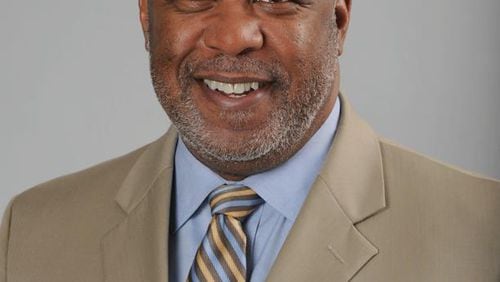The Atlanta Regional Commission on Tuesday kicked off a five-year effort to forge and execute an economic development strategy for metro Atlanta.
Known as cATLyst, the commission’s effort started with three days of workshops this week, an attempt by the ARC to nurture a conversation among area leaders in government and business that will lead to agreement on ideas for coping with the problems of the region.
Metro Atlanta’s population has more than doubled in a generation and growth continues.
The 10-county center will add about 1.59 million more people in the next three decades to become the sixth-largest metro area in the country, according to projections in a report by the U.S. Conference of Mayors.
EIGHT MILLION PLUS FOR ALL OF METRO ATLANTA BY 2046
Past forecasts have generally been "really good" at predicting how many people the area would have, said Mike Carnathan, manager of research and analytics division at the ARC.
Where are they are more often off is in projecting exactly where those people would choose to live. But precision isn’t the issue, Carnathan told the AJC in a recent interview.
“Yeah, we want to be right,” he said. “But the purpose of a forecast is to be ready.”
Problems of continued growth are all but inevitable, said Douglas Hooker, executive director of the regional commission in an interview with the AJC.
But it’s too early to say how the area’s leaders will view the problem or frame potential solutions, he said. “I don’t want to get ahead of myself and say what they will propose. My job is to keep them talking.”
The ARC is charged with planning and coordinating actions and discussion among governments in the 10-county, 73-city region of metro Atlanta.
While it has no power to mandate cooperation or force change, the agency is a powerhouse of data, analysis and discussion.
Among the area’s troubles are some that are not always front-page news, he said: Child poverty and affordable housing. But other woes are all-too-obvious, like those of effective transit.
“The region is doing remarkably well, especially given how hard we were hit by the recession,” Hooker said. “We’ve got a lot of opportunity but all the opportunities can be cut short if we don’t deal with the issues.”
About the Author







